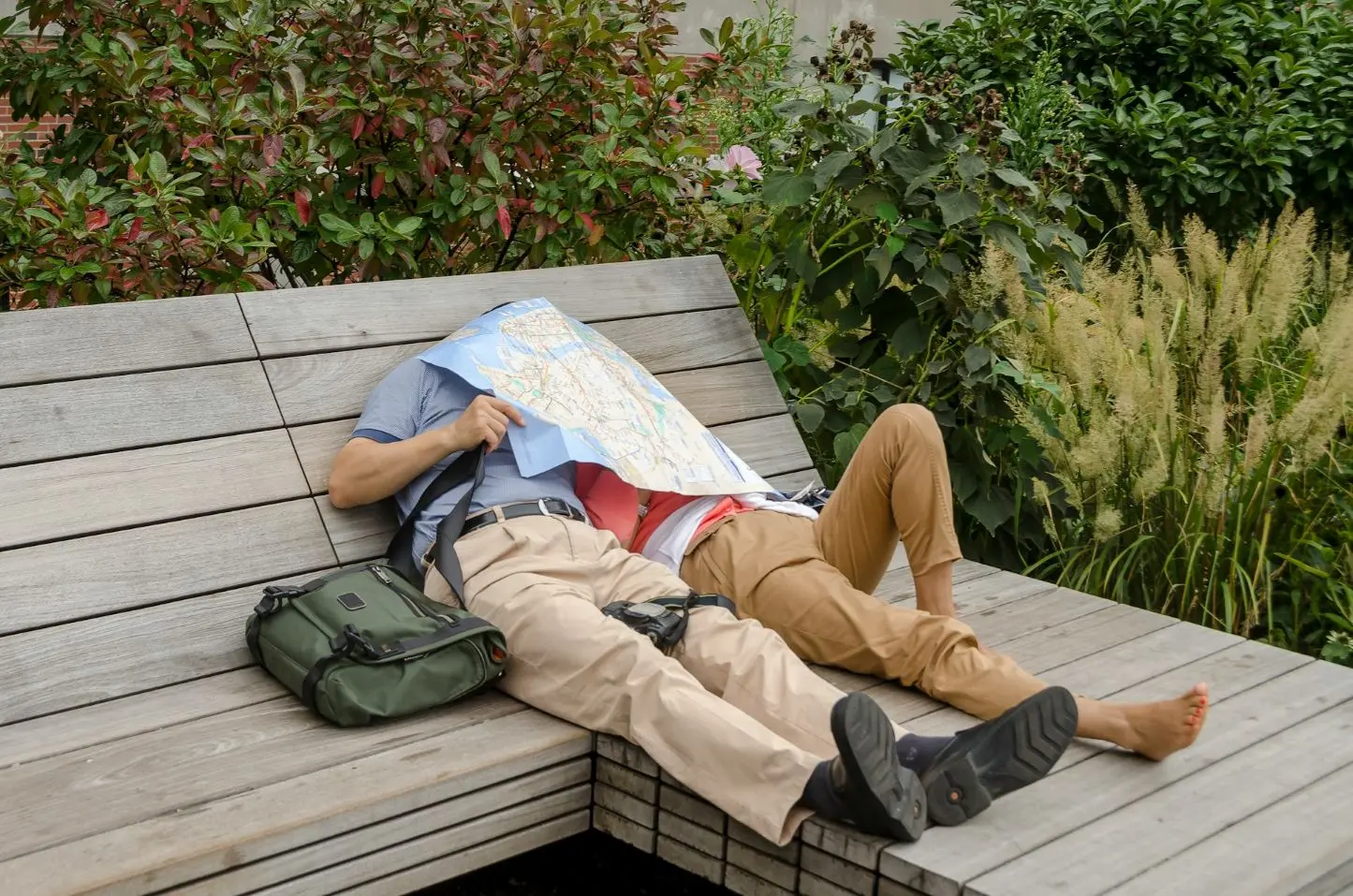No industry leads us straight into the contradictions of the contemporary world as much as tourism. The experience of travel, leisure, vacation, and rest are fundamental aspects of life, but their intensive exploitation in recent years has become a social and environmental problem, weighing on cities and local communities.
The question arises first and foremost in terms of numbers. After the forced Covid break, the sector has resumed its explosive evolution: for Italy in 2025, over 146 million tourists are estimated, with an increase of 6.6 million compared to the previous year. Globally, too, the number of people traveling is growing, with a total potential of around 690 million tourists in the first half of the year.
The result of these numbers is an almost unbearable pressure on the most popular tourist destinations, which is becoming both a social problem and a political issue. In all the major European metropolises, movements have arisen against tourism and its most obvious symptoms (crowding, cruise terminals, short-term rentals). Regardless of local issues, these movements all demand the same thing: to give a sense of limit to the tourism industry, to seek a necessary compromise between the hunger of the sector and the housing, economic and mobility needs of the people who live in the places, who do not benefit from tourism but still pay many of the costs.
We can say that 2025 was the first summer in which public debate exploded and tourism was finally treated as a social problem. One of the key voices on the overexploitation of tourism is the journalist Cristina Nadotti, who in 2025 published the essay Il turismo che non paga (Tourism that does not pay) for Edizioni Ambiente. According to Nadotti, there are positive signs of greater awareness that tourism is both an economic resource and a problem for local communities. "It is in all respects an extractive industry, and today innovation is essential, starting from the observation that the model used so far will not work forever, that a different management of flows is needed."
From a political point of view, the most effective responses have come from the local administrations, those closest to the citizens and who are most aware of the costs of this extractive industry. "What is missing, however, is the national level, where the aim is still infinite growth, both in terms of policies and communication." Sustainability certifications for destinations, such as the GSTC protocol developed by the United Nations, are becoming increasingly widespread, and resorts are equipping themselves with destination managers to manage conflicts. Certified Italian locations include the cities of Trento, Rovereto, Siena, but also the Via degli Dei or the Valsugana. Regulations on short-term rentals in cities (including the crackdown on keyboxes in Florence, Milan and Rome) have reduced listings from 75,000 to 66,000, easing the pressure on urban centers. Some destinations have started to manage the influx of cars (such as Ayas, Monte Rosa, which has enhanced the shuttle service), or entrances (several locations in Sardinia).
What is missing is a national coordination of policies. Nadotti calls for what many experts believe is a necessary change of pace, namely "a national strategic tourism plan with objectives that are not only measured in terms of arrivals and departures, but which starts from the basic idea that tourism is an economy based on finite resources. We need stronger integration between the various ministries, the tourism ministry must be able to coordinate with the environment and transport ministries, without this joint work, tourism cannot be governed".
One model to be inspired by is the work being done by the Austrian government with the Federal Ministry of Sustainability and Tourism, which is actually working on a national strategy, which includes plans to expand public transport and limit private transport, improve the energy efficiency of tourism infrastructure, involve local communities in decisions and, above all, diversify, both between seasons and locations, also putting limits on the number of visitors in the most crowded destinations.
In Italy, according to Nadotti, there is also a problem of public debate, that is, how we talk about overtourism. "Tourism has exacerbated pre-existing problems, often shifting all responsibility onto tourists, but the housing crisis must be treated as a symptom that has deep roots. Turning this challenge into a hunt for tourists is a trivialization, as is measuring it only in terms of "expensive beach umbrellas", as is often the case. We should talk about the economy, society, loss of purchasing power and wages; tourism is part of a much broader systemic crisis, it cannot be treated in isolation."
Part of the systemic reasoning is to consider overtourism and undertourism as two sides of the same coin. The situation in the Italian mountains is a perfect infographic of these contradictions. In the face of some destinations that are overexploited by the ski and winter sports industry, there are others that are in an advanced state of depopulation and cannot even enjoy the minimal benefits of tourism. Finally, according to Nadotti, "most tourism problems are related to mobility. Extending, spreading and governing it is the key tool for distributing flows more rationally. Tourism must have a transitional approach like energy. If renewables are the most important enabling technology for the energy transition, then for tourism that technology is sustainable mobility".
[Photo by Etienne Girardet on Unsplash]
